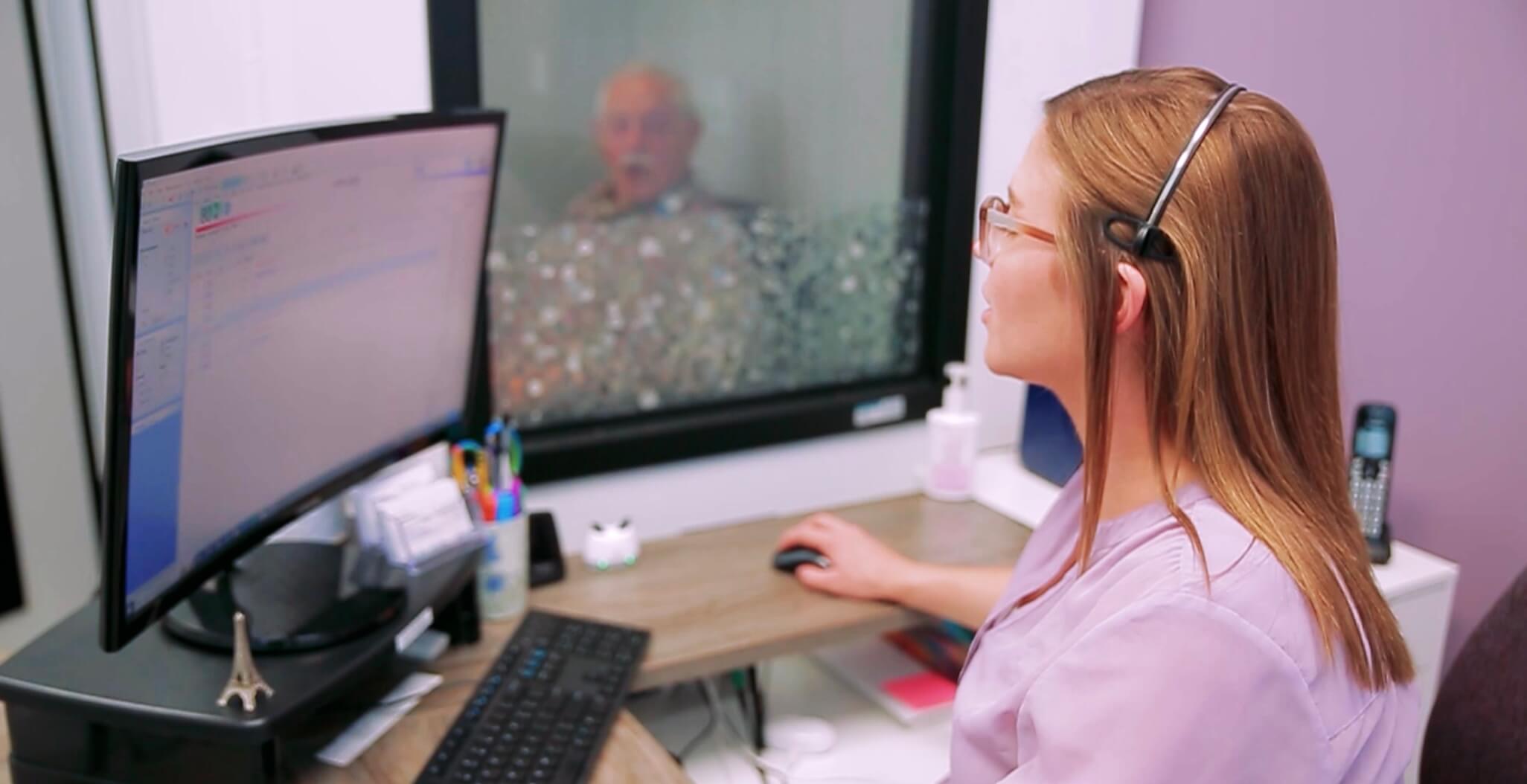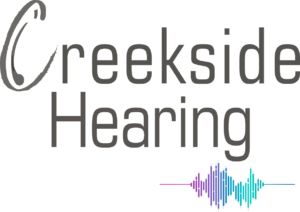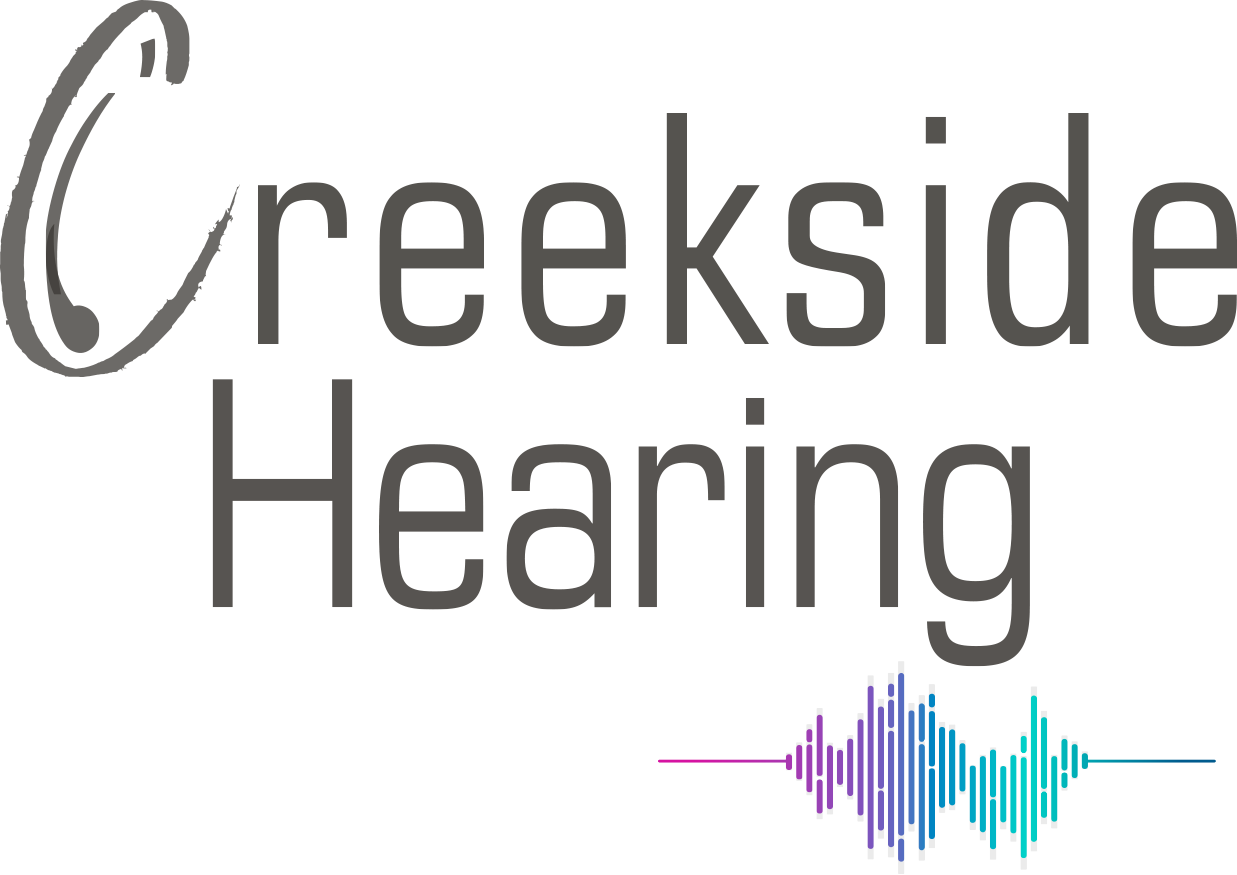
Do you ever hear a ringing sound in your ears that just won’t go away? If you answered yes, you’re likely one of 1.5 billion people who live with tinnitus! Tinnitus is a medical term for “ringing in the ears,” often caused by damage to the ear or auditory system. Depending on its severity, tinnitus can have either a minor or significant impact on daily life. In this month’s blog, we’ll help you better understand what tinnitus is, how it is caused, and ways to find relief.
What is Tinnitus?
Tinnitus is commonly known as ringing in the ears, but the exact sounds vary for each individual, so it could also be described as roaring, buzzing, whistling, hissing, clicking, or humming. It can be soft or loud, high-pitched or low-pitched, and in one ear or in both. Tinnitus can be mild with sounds so soft that you may not even notice it, or severe with sounds so loud that they block out external noise and affect your daily life.

New Understanding of Tinnitus Causes
Auditory System Damage: Damage to the inner ear hair cells (often from loud noise exposure or age-related hearing loss) can disrupt normal sound processing and lead to the perception of sound that isn’t there.
Brain Involvement: The new model suggests that tinnitus isn’t just an ear problem—it’s a brain issue. When the brain doesn’t receive proper signals from the auditory system (due to hearing loss or damage), it may “fill in the gaps” by creating phantom sounds, leading to the perception of tinnitus.
Neuroplasticity: Over time, the brain may adapt to hearing loss by reorganizing its neural pathways. This change in brain activity can make tinnitus more persistent or worse. The brain may start to “amplify” the tinnitus sound, making it more noticeable.
Cognitive and Emotional Factors: Stress, anxiety, and depression can also make tinnitus worse. The brain’s emotional centers can amplify the perception of tinnitus, making it feel more distressing.
Other Medical Conditions: Certain health issues, such as high blood pressure, ear infections, or jaw problems (TMJ), can contribute to or worsen tinnitus symptoms.

Types of Tinnitus
Although tinnitus is a very common condition, it sounds and affects everyone differently. There are four main categories: subjective, neurological, somatic, and objective. It is important to identify which type you may be experiencing. Here’s a quick breakdown of the different types of tinnitus:
- Subjective Tinnitus
This is the most common form of tinnitus and can only be heard by the affected individual. It is often caused by exposure to excessive or loud noise and comes in waves, meaning it appears and disappears suddenly and can vary in intensity and length.
- Neurological or Sensory Tinnitus
This type of tinnitus is actually a form of subjective tinnitus but is usually caused by a disorder that affects the way the brain processes sound. For example, Meniere’s disease can cause tinnitus as it primarily affects the brain’s auditory functions. You may feel dizzy or off-balance if you have this type of tinnitus.
- Somatic Tinnitus
Related to physical movement and touch, somatic tinnitus is also referred to as conductive tinnitus because it is caused by more outer functions. Things like muscle spasms in the ear or neck or anything that causes the neck to twist can be the source of somatic tinnitus. Impacted wisdom teeth, popping of the jaw, and other dental problems can also cause this type of tinnitus.
- Objective Tinnitus
This type of tinnitus is rare and is the only form that can be heard by an external observer, usually with a stethoscope. It can be caused by involuntary muscle contractions or vascular deformities which, once treated, usually stop the tinnitus entirety.
Some other subtypes of tinnitus include muscle tinnitus, pulsatile tinnitus, and low-frequency tinnitus.
How Creekside Can Help:
Prevention
Not all forms of tinnitus are preventable however, some are caused by noise exposure, so protecting your hearing is the best way to prevent tinnitus. Our team at Creekside Hearing can provide you with the tools and knowledge to protect your ears throughout the day and night. Most people do not even realize they are exposing their ears to loud noises, including at their workplace, exercise classes, concerts and movie theatres, or when turning the volume up too high on headphones or earbuds. Over time, exposure to loud sounds can damage the nerves in the ears, so try to limit your exposure, wear ear protection, turn down the volume, and take care of your cardiovascular health.
Diagnosis
To learn more about the tinnitus you’re experiencing, our team at Creekside Hearing will start with a medical history to learn if hearing loss runs in your family, what kind of medication you take, and if you spend a lot of time around loud noise. Our team will also perform a hearing assessment to check your ability to hear a range of tones, along with tympanometry to check your eardrums. We do not do MRI’s, only through ENT referral.
Resolutions for Relief
Creekside Hearing offers the best hearing health services for those living with tinnitus and we will always tailor our approach to your specific needs. Here are some of the most common resolutions for tinnitus that we may suggest:
- Earwax removal to decrease symptoms.
- Prescriptive hearing devices, since tinnitus is a progressive degenerative disorder, that means it is going to get worse overtime, especially if left untreated.
- Research shows a 90% success rate in treating tinnitus, even when hearing is not impaired. Stimulating the auditory system can reduce or even completely eliminate the sound.
- Tinnitus Handicap Inventory (THI) questionnaire to assess tinnitus severity and its impact on daily life.
- For those in need of a change of prescription, psychological care, nutritionist, or etc., we can refer you to a General Practitioner to get more information and additional help as we cannot diagnose but only make recommendations.
- We can also refer our patients to an ENT for MRI’s or CT scans to further assess their tinnitus.

If you think you may be experiencing tinnitus or hearing loss and want to check your hearing health, then we at Creekside Hearing are here for you. You do not have to suffer and we hope that pesky ringing goes away on its own! Again, while we can’t guarantee that the ringing will go away completely, research shows a high success rate in reducing or even eliminating tinnitus for many people. Our goal is to let you know that you’re not alone, and we are here to help guide you toward finding relief. We tailor all of our services to your personal hearing and lifestyle needs. Contact us at 519-885-0006 or at info@creeksidehearing.ca to learn more about our services or to book an appointment with our team. We look forward to working with you!




